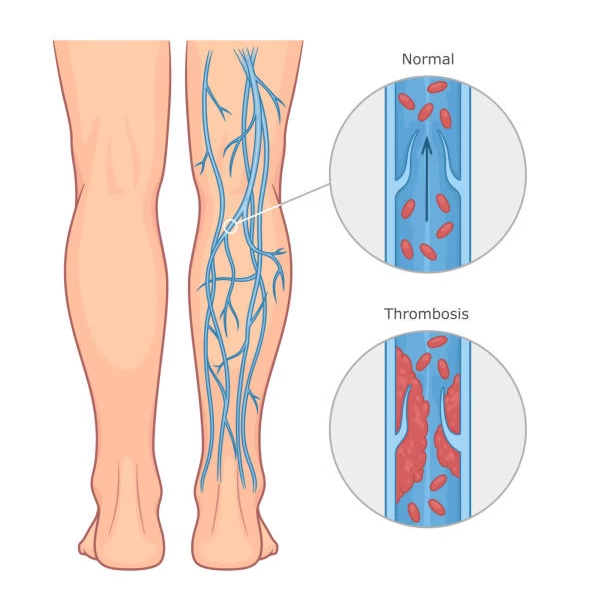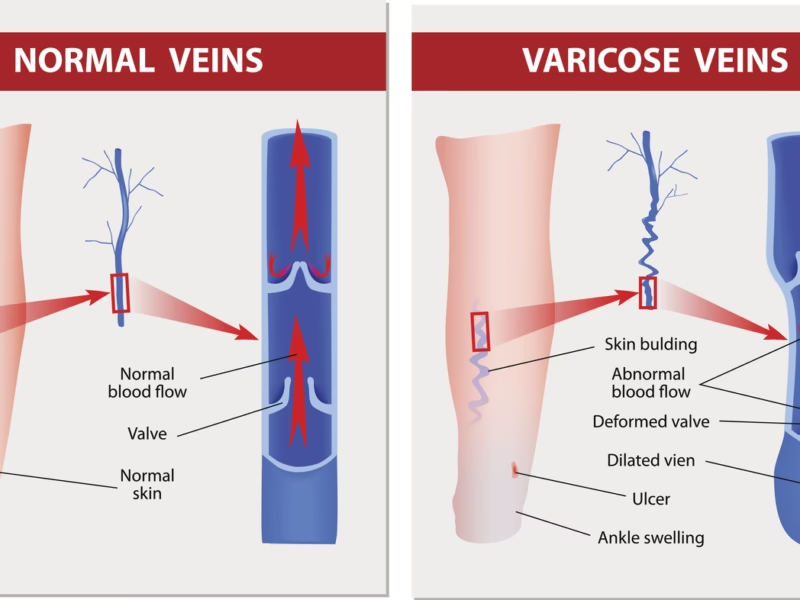What is Hyperthyroidism?
The thyroid gland is an important organ that regulates the body’s metabolism. Metabolism is the conversion of calories we intake and oxygen we inhale into energy. And to do this process effectively, the thyroid gland must secrete a hormone called thyroxin. Thyroxin is an iodine-containing compound that makes all the tissues increases their cellular activity. This thyroid gland is located at the anterior portion of the neck and is the largest too. Despite having a healthy lifestyle, the thyroid gland may cause four basic problems which are due to hormone production level, over-growth of the gland, formation of lumps or nodules within, and cancer. In this article, we thoroughly look into “hyperthyroidism” which means the excess of thyroid hormone production and hyperthyroidism symptoms, causes, and treatment.
What Causes Hyperthyroidism?
There are many factors for hyperthyroidism, but one of the common autoimmune conditions called “Graves’ disease” is a major reason.
Graves’ disease
Graves’ disease occurs when the immune system alters the role of the pituitary gland which generally regulates the level of thyroxin production in the thyroid gland. This alteration happens by the antibody called TRAb (thyrotropin receptor antibody) which results in hyperthyroidism.
Symptoms of Graves’ disease
Diarrhea is a common complaint in many patients and some other symptoms include:
- Fatigue
- Reduced libido
- Changes in Menstrual cycle
Graves’s disease has other conditions too, which are Graves’ dermopathy (specifically affects the skin causing red patches, thickness, etc.) and Graves’ ophthalmopathy (specifically affects the eyes causing dry/redness, bulging, excessive tearing, light sensitivity, blurry vision, etc.).
So, around 70% of thyroid issues are due to autoimmune disorders. How can the autoimmune disorder be treated?
What are the Hyperthyroidism Symptoms?
Let’s discuss the common symptoms of hyperthyroidism:
Anxiety and depression
Losing mental clarity, suffering from anxiety and depression are the symptoms of hyperthyroidism.
Abdominal Bloating
Changes in bowel habits, diarrhea, and bloating are common symptoms.
Menstrual patterns
In women, changes in menstrual patterns have been identified as a symptom. When there is a excess thyroxin, our body may lose its ability to convert testosterone to estrogen
Other symptoms include
- Fatigue, weakness
- Increased sensitivity to heat
- Thinning of hair and skin
- Sleeping disorder
- Mood swings
- Muscle pain
- Changes in Blood Pressure levels
- Changes in Heart Rate
What are the treatments for Hyperthyroidism?
Usually, a thorough diagnosis is made by your doctor and he suggests antithyroid medications or radioactive iodine therapy or in worst cases “surgery”. There are also natural treatments that require a strict “diet” plan.
Foods to Eat
It is a must to take food that will not trigger the overactivity of the thyroid gland. This includes whole grains, raw vegetables, meat, fruits, fresh spinach, Brussels sprouts, radish, etc.
Foods to Avoid
Any caffeinated drinks, Soy products as they are very dangerous to the thyroid gland. Stop eating foods that are rich in iodine (simply reduce salt), as they can make your thyroid overactive.
Final thoughts
Hyperthyroidism is not a simple health problem to neglect; it can result in more severe diseases. Therefore, early diagnosis and treatment are highly recommended whenever you find the above-mentioned symptoms in your body. Try practicing a healthy lifestyle, live in control, only then these threatening diseases can be avoided.


